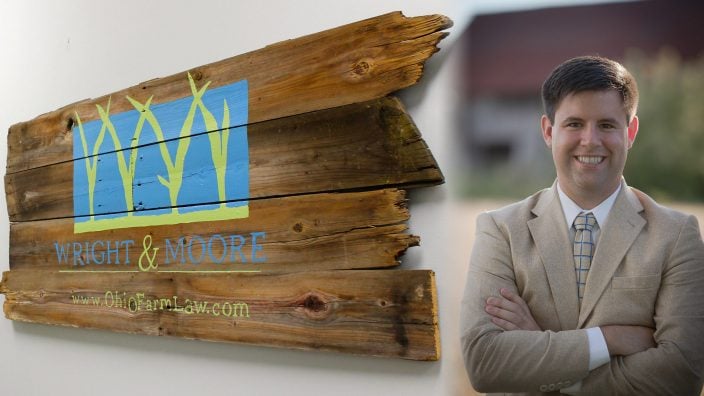Growing our Generation: Golden Owl Award
March is National Agriculture Month and in today’s world, agricultural education and awareness is needed more than ever. Hear from two of Ohio’s top ag educators.
Read MoreBy Ryan Conklin, Wright & Moore Law Co., LPA
At the ripe old age of 33, I am surrounded by children. Many of my friends have youngins’ or are expecting, my wife’s family has three boys, and plenty of our clients have kids. Although they are the smallest family members, minors play big parts in succession planning. Here are some pointers to help with planning for minors:
First things first, what constitutes a minor child? Ohio law adopted 18 as the age of majority. So a minor child is one that has not yet turned 18.
Minor children are not recognized as being able to own titled assets such as land, cars and bank accounts. For example, pretend a grandparent conveys a 100-acre farm to your 10-year-old daughter. Since your daughter is not 18 and cannot take title, Ohio’s Transfers to Minors Act will require that the farm be held by a “custodian.” The custodian (likely a parent) acts as a fiduciary for your daughter, maintaining the farm until she turns 18. Around your daughter’s 18th birthday, the law requires that the custodian deed over the gifted farm.
To address this issue, both parents need to execute wills that nominate guardians for the children. Make sure that the nominated guardians are the same in both wills. You cannot nominate guardians through a trust, it must be in a will. If you don’t have a will, a judge will decide who takes care of your kids.
The answer is both! A will can create a court-administered trust that is managed by a trustee and overseen by a judge until the children turn 18. Here, all of your assets are public record, along with any income or expenses that are part of the trust. In general, when each child turns 18, they receive their share of the pot with no restrictions.
If the parents create a trust now, it avoids the courts altogether and it offers more flexibility with staggered or delayed distributions. If you want more direction regarding farming asset distribution, protection until children reach an older age, or want to keep your affairs private, creating a trust now is the way to go.
In this instance, most likely the child’s other biological parent will become the primary guardian, even if your new spouse is raising the child. Here, completing the adoption process is crucial for inheritance and guardianship purposes. If a child, or even an adult, has not been formally adopted through court proceedings, that person may not be treated as one of your heirs.
An estate administration with no plan can be messy if minor children are involved. It is likely that additional hearings, court costs, and attorneys’ fees would be required to complete the administration. This only takes away from the assets you left for your children. If you have minor children and have not put together a plan to pass your assets to them, or if you need assistance with child or adult adoption, contact a probate attorney to start the process.
Wright & Moore Law Co., LPA is a proud partner with Ohio Farm Bureau. Since 1988, our firm has assisted farmers, rural residents, and landowners from all over the state with their farm succession planning and agricultural legal needs. To learn more about Wright & Moore, visit OhioFarmLaw.com.
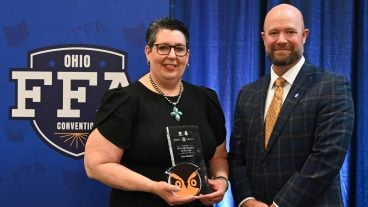
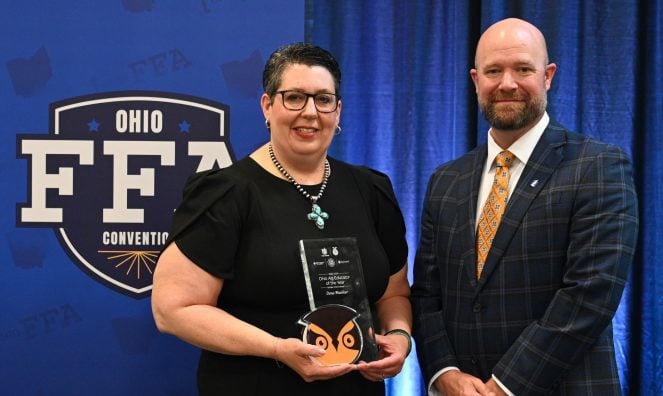
March is National Agriculture Month and in today’s world, agricultural education and awareness is needed more than ever. Hear from two of Ohio’s top ag educators.
Read More
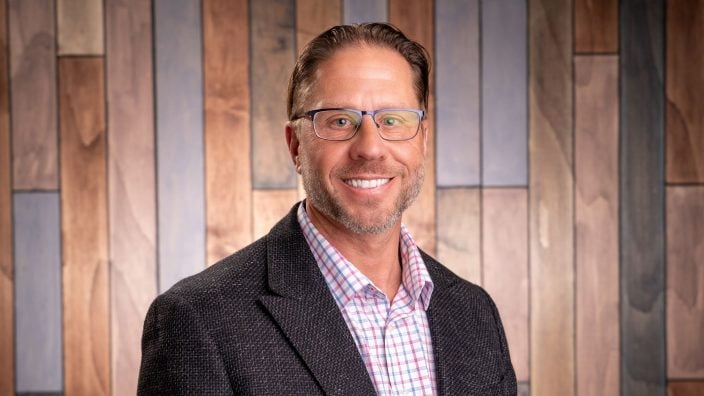
Brent Nemeth of Rayland/Dillonvale will serve members in Carroll, Harrison, Jefferson and Tuscarawas counties.
Read More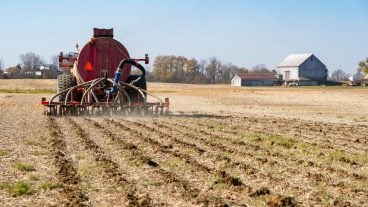
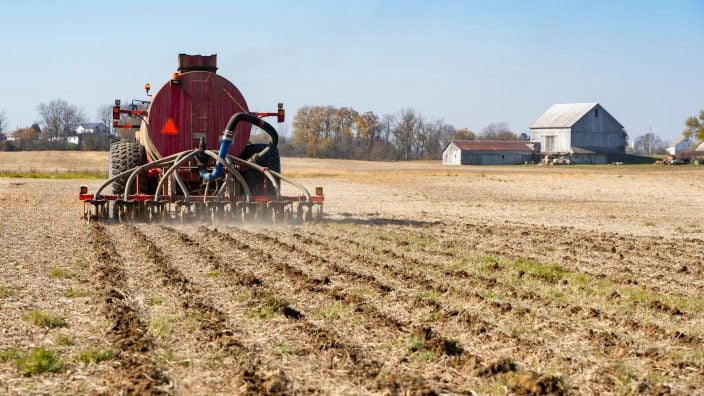
Current Agricultural Use Value is often discussed as a farmland preservation tool, but there are some other tools in the law that landowners can consider.
Read More
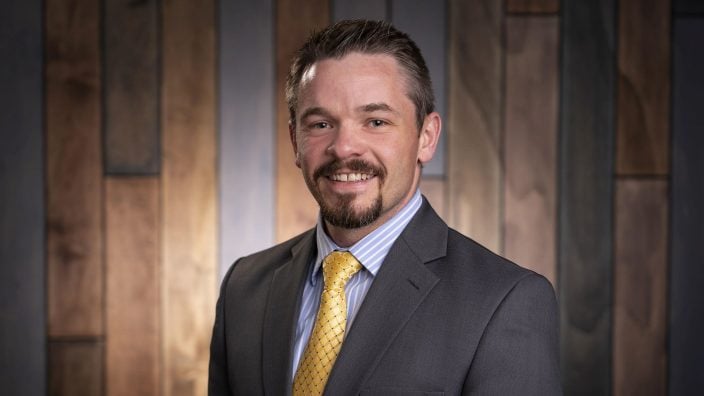
Trevor Kirkpatrick will help design, coordinate and implement member-focused health benefits programs.
Read More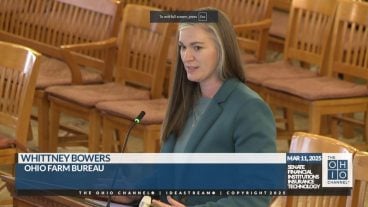
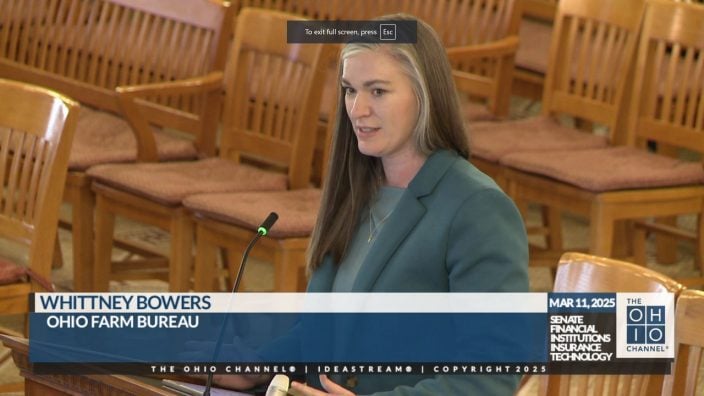
SB 100 will allow Ohio to join the existing network of state Farm Bureaus participating in Farm Bureau Health Plans, which is an alternative health plan that has been serving Farm Bureau members since 1993.
Read More

Over three days, participants heard from experts and, in turn, voiced their thoughts on topics as far reaching as the farm bill to trade to taxes.
Read More

The ExploreAg program is free to all high school students. The deadline to apply is April 30 at exploreag.org.
Read More
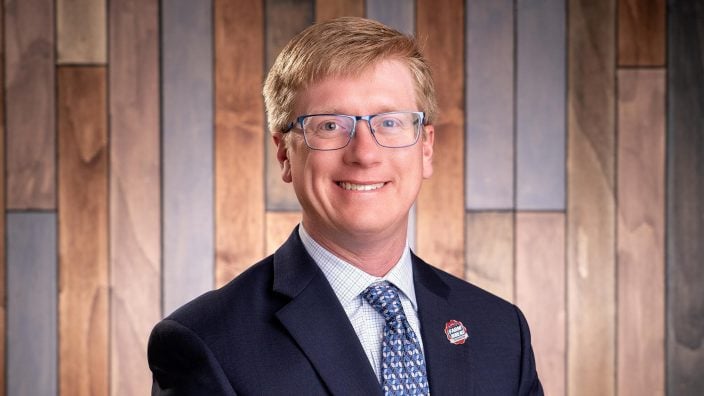
The award recognizes successful young agricultural professionals who are actively contributing and growing through their involvement with Farm Bureau and agriculture.
Read More
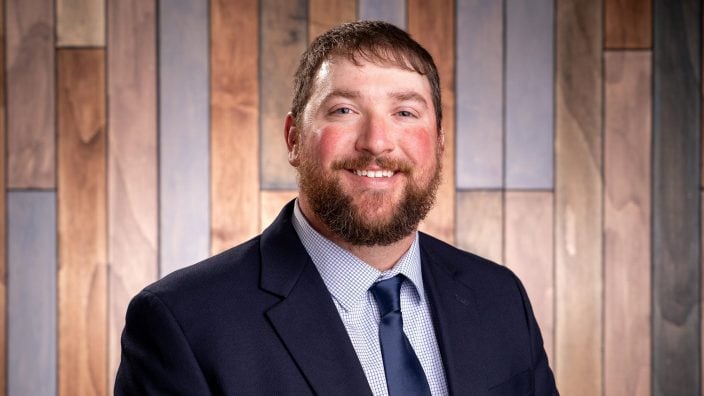
Will Minshall currently farms in a partnership with his family as an 8th generation grain farmer and a 1st generation cattle farmer in Pickaway County.
Read More

Update: As of Feb. 27, 2025, the Financial Crimes Enforcement Network announced no fines, penalties or enforcement action will be taken against companies based on failure to file or update BOI by March 21.
Read More